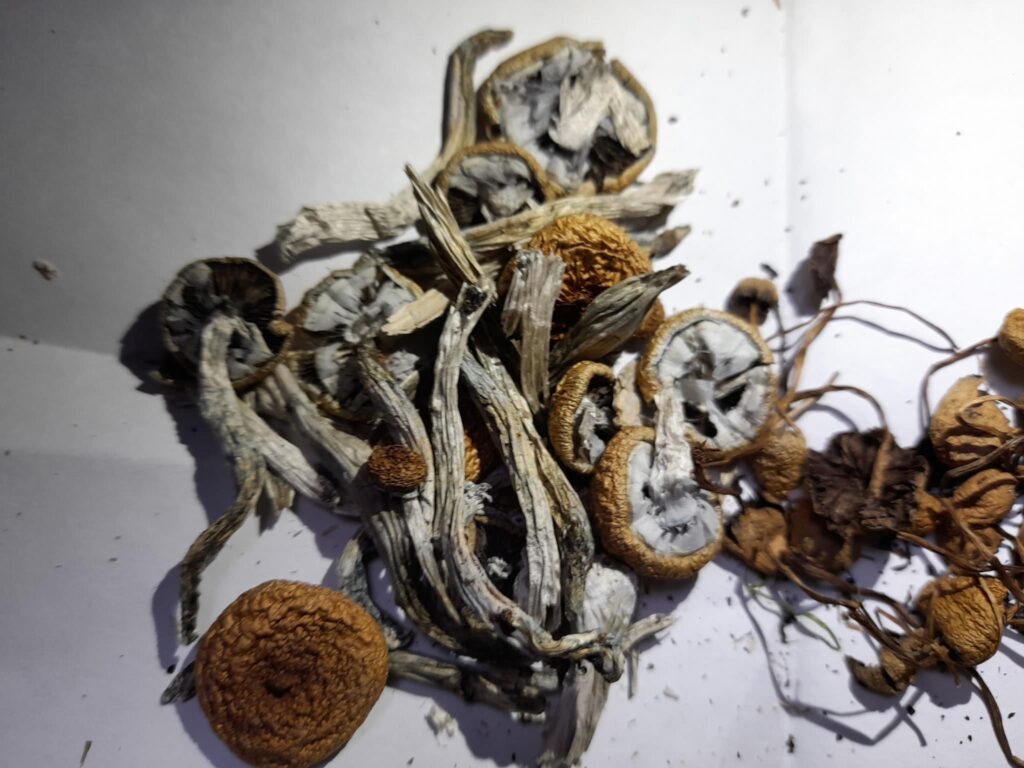In recent years, psilocybin has emerged as a compelling alternative treatment for detoxification, particularly when compared to traditional methods. As more people in the UK and Europe explore holistic approaches to recovery, the question arises: how does psilocybin stack up against conventional detoxification methods?
Understanding Detoxification
Detoxification is the process of removing toxins from the body, typically following substance abuse. Traditional methods often involve medical supervision, withdrawal management, and behavioral therapies. While these approaches can be effective, they may also have limitations, including the risk of relapse and prolonged withdrawal symptoms.
The Role of Psilocybin
Psilocybin, the active compound in magic mushrooms, has gained attention for its potential therapeutic benefits in treating various mental health issues, including addiction. Unlike traditional methods, psilocybin therapy focuses on the psychological aspects of addiction. Research has shown that psilocybin can facilitate profound experiences, allowing users to confront emotional and psychological barriers that contribute to their substance use.
Studies conducted in the UK and Europe indicate that psilocybin can significantly reduce cravings and relapse rates among individuals undergoing detoxification. In a controlled environment, participants often report feelings of connectedness, increased emotional awareness, and a sense of purpose—factors that can enhance long-term recovery.
Traditional Detox Methods
Traditional detoxification methods typically include medical detoxification programs, behavioral therapies, and support groups. These approaches often involve:
- Medical supervision: Patients may be monitored in a clinical setting to manage withdrawal symptoms and complications.
- Therapeutic interventions: Cognitive-behavioral therapy (CBT) and other modalities aim to address underlying psychological issues.
- Support groups: Programs like Alcoholics Anonymous (AA) and Narcotics Anonymous (NA) offer peer support.
While effective, traditional methods may lack the holistic perspective that psilocybin therapy offers. Many individuals find that conventional detox methods do not address the root causes of their addiction, leading to feelings of inadequacy and a higher likelihood of relapse.
Psilocybin vs. Traditional Methods: A Comparison
| Aspect | Psilocybin | Traditional Methods |
|---|---|---|
| Approach | Holistic, psychological focus | Medical, behavioral focus |
| Experience | Profound emotional insights | Structured therapy sessions |
| Support | Guided sessions with professionals | Peer support and counseling |
| Effectiveness | Potential for lasting change | Varies by individual |
| Legality | Restricted; clinical trials ongoing | Established treatment options available |
The Future of Detoxification

As interest in psilocybin therapy grows, so does the conversation around its potential role in detoxification. Organizations like UK Mushroom provide valuable resources for those interested in exploring psilocybin for detoxification. They focus on education, responsible use, and connecting individuals with therapeutic services.
Moreover, platforms like Buy Weed Near Me offer access to a range of psychedelic products, promoting a comprehensive approach to healing. They emphasize the importance of integrating psilocybin into a supportive environment, ideally with the guidance of trained professionals.
Resources for Further Reading
For individuals seeking more information on psilocybin and its therapeutic potential, consider exploring the following resources:
- MAPS (Multidisciplinary Association for Psychedelic Studies)
- Psychedelic Science
- The Beckley Foundation
Conclusion
The landscape of detoxification is evolving, and psilocybin is at the forefront of this change. While traditional methods remain effective for many, psilocybin offers a unique, holistic approach that addresses the psychological aspects of addiction. As research continues and legal frameworks shift, psilocybin could become an integral part of detoxification programs in the UK and Europe.

No Responses